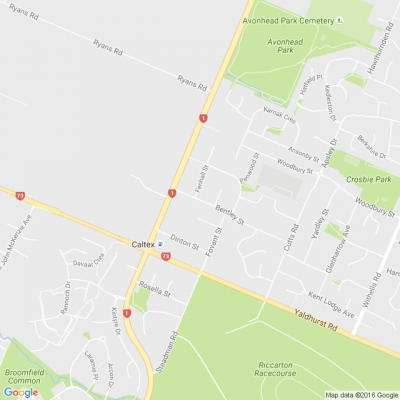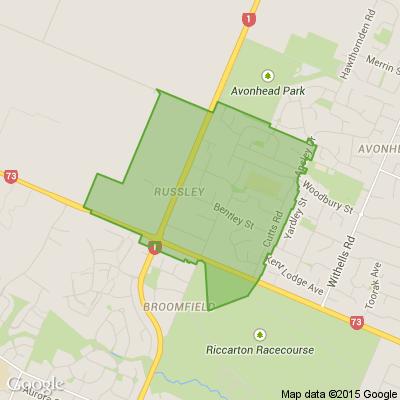SCAMS - General Tips
Scams
There seems to be a scam for every demographic - people with money to invest, shopaholics buying online, online banking customers and new migrants from countries where corruption is rife.
The people who operate scams use increasingly sophisticated ways to defraud you from your money, and are getting better at posing as legitimate organisations when they contact you. This includes developing fake websites and organisation letterheads that look like the real thing.
They rely on common human vulnerabilities, such as:
a belief in the legitimacy of companies and websites
a willingness to trust others
a wish for greater wealth
feeling obliged to follow through with something that was agreed to
not wanting to miss out on products or services that might only be available for a short time.
Your best defence is to educate yourself in the way that fraudsters work. You can find out about the wide range of scams on Consumer Protection’s ScamWatch website.
Some recent scams to be aware of include:
calls targeting migrant communities, claiming to be from Immigration New Zealand. They demand payment (sometimes in the form of iTunes vouchers) on threat of deportation or arrest;
emails claiming to be from a courier company, telling you that you missed a delivery and asking you to provide personal information so that you can retrieve the item.
There's a lot you can do to protect yourself. Below are a few tips:
Government agencies will never call, email or text demanding payment or threatening deportation. Banks will never call or email you to ask for your PIN or Internet banking password.
Salespeople and charity donations collectors will always wear clothing or accessories that identify them as such.
Microsoft is unlikely to call you to offer IT support services over the phone. Your internet provider is not likely to try to fix your internet problem by remotely controlling your computer. If you get an unexpected call with an offer to fix “problems” with your computer over the phone, just hang up.
If a bargain sounds too good to believe, it may be a stolen item – it may not even exist.
Before doing business with an unfamiliar company, do some research on them so you can be sure they are reputable.
Be careful about who you give your personal details to, as someone could use this information to steal your identity.
Check your banking and credit card statements regularly and look out for unexpected or unusual account transactions.
Be suspicious if the person you met online starts talking about their problems and suggesting that only you can help them.
If you didn’t buy a lottery ticket then it’s not possible for you to have won the lottery.
Don’t let anyone pressure you into making a decision quickly, whether it’s about investing, purchasing or donating.
If you receive a suspicious email, letter, fax or phone call, you can check whether it is a known scam. Reported scams are recorded on a number of websites:
The Department of Internal Affairs’ list of reported scams;
On the website of the business or organisation which the scammer wants you to believe they are representing (e.g. Inland Revenue, Immigration New Zealand);
You can also try doing an Internet search on the name of the organisation supposedly contacting you, followed by the word “scam”.
If you suspect it’s a scam but it isn’t listed as a reported scam, you can easily report it (on NetSafe's website, The Orb) so that others don't fall victim to it.
If you believe you have become a victim of a scam, report it to the Police. If you gave out your personal banking details you’ll also need to tell your bank.
www.cab.org.nz...
Poll: When should the tree go up? 🎄
From what we've heard, some Christmas trees are already being assembled and decorated.
What are your thoughts on the best time to get your Christmas tree up?

-
4.3% Second half of November
-
38% 1st December
-
19.4% A week before Christmas
-
36.8% Whenever you wish
-
1.6% Other - I'll share below
Riddle Me This, Neighbours! Bet You Can’t Guess It!
Sometimes narrow, sometimes wide, wind or rain, I stay outside.
Even if there’s heat or snow, from house to house I will still go.
What am I?
Do you think you know the answer to our daily riddle? Don't spoil it for your neighbours! Simply 'Like' this post and we'll post the answer in the comments below at 2pm.
Want to stop seeing riddles in your newsfeed?
Head here and hover on the Following button on the top right of the page (and it will show Unfollow) and then click it. If it is giving you the option to Follow, then you've successfully unfollowed the Riddles page.

Poll: Do you think NZ should ban social media for youth?
The Australian Prime Minister has expressed plans to ban social media use for children.
This would make it illegal for under 16-year-olds to have accounts on platforms including TikTok, Instagram, Facebook and X.
Social media platforms would be tasked with ensuring children have no access (under-age children and their parents wouldn’t be penalised for breaching the age limit)
.
Do you think NZ should follow suit? Vote in our poll and share your thoughts below.

-
85.3% Yes
-
13.7% No
-
1% Other - I'll share below






 Loading…
Loading…



























